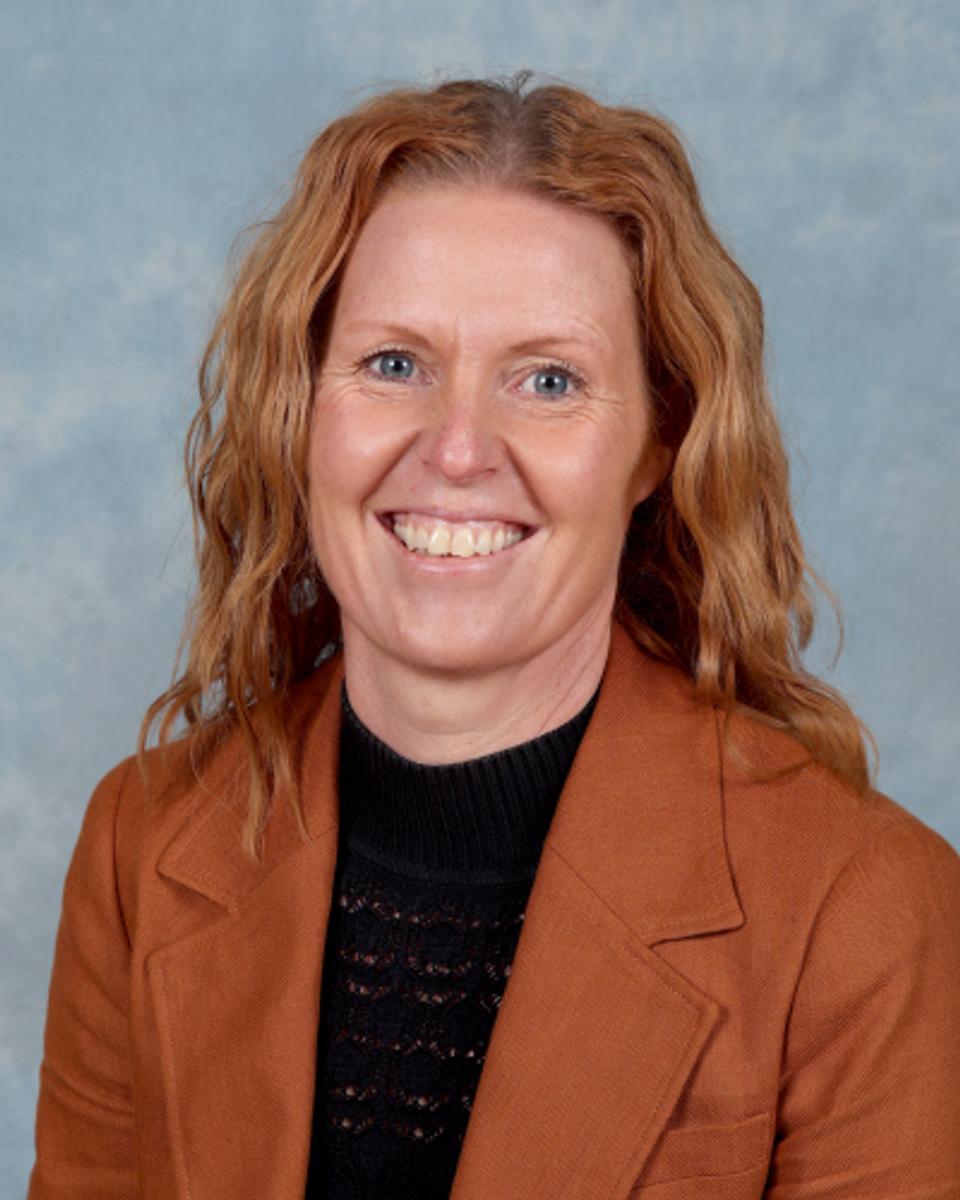Learning and Teaching News

Reading at Home
As Dr. Seuss famously said, "The more that you read, the more things you will know. The more that you learn, the more places you'll go."
Reading is an essential skill that opens doors to a world of knowledge, imagination, and endless possibilities. While school plays a crucial role in fostering literacy, home reading is equally important in cultivating a lifelong love of reading in our children.
The Power of Home Reading
Home reading provides an opportunity for children to practice and reinforce the reading strategies they learn in school. It allows them to explore a wider range of books and genres, expanding their vocabulary and exposure to different writing styles.
Home reading creates a positive and enjoyable environment for children to engage with the written word, fostering a love of reading that will enrich their lives for years to come.
Effective home reading involves a combination of three distinct approaches:
Read to: This is where you, as a parent or caregiver, read aloud to your child. Reading aloud exposes children to complex vocabulary, sentence structures, and literary concepts that they may not yet encounter in their own reading.
Read with: This involves reading alongside your child, taking turns reading passages or sentences. This collaborative approach builds confidence in children as they see themselves actively participating in the reading process.
Read by: This is when children read independently. As children's reading skills develop, encourage them to choose books that match their interests and reading level. Provide support and guidance as needed, but allow them the autonomy to explore the world of books at their own pace.
Reading for at least 15 minutes a day will increase your child's exposure to words by 1,146,000 words per year. It will also increase your child's comprehension, accuracy and reading fluency.
At SMDP, we are committed to ensuring every child receives a strong foundation in literacy. This year, we are excited to continue the InitiaLit Literacy Program in our Prep, Year 1 and 2 classrooms, an evidence-based, structured approach to teaching reading and writing.
What is InitiaLit?
InitiaLit is a comprehensive literacy program that supports students in developing the essential skills they need to become confident, capable readers and writers. It draws on the latest research into how children learn to read and uses systematic phonics as a key foundation for literacy success.
Why InitiaLit?
InitiaLit is designed to provide:
Daily engaging lessons that build skills in a clear, sequential way
Explicit instruction in phonics, comprehension, fluency, spelling, grammar, and vocabulary
High-quality children’s literature to spark imagination and build oral language
Proven strategies backed by educational research and aligned with the Victorian Curriculum
We know that learning to read is one of the most important milestones in a child’s early education. With InitiaLit, students are given the tools and support they need to experience success in literacy from the very beginning.
We encourage you to chat with your child about what they’re learning and enjoy the journey of reading together at home. If you have any questions about the program or your child’s progress, please don’t hesitate to reach out to their classroom teacher.
Together, we’re laying the foundation for a lifelong love of reading and learning.
Three-Way Learning Conversations
To support the Semester One written report, compulsory Three-Way Learning Conversations take place. These are focused 15-minute discussions involving the student, their teacher, and their parent/carer.
Three-Way Learning Conversations aim to:
Help students present evidence of their learning
Encourage students to articulate the next steps in their learning journey
Teach students to reflect on and evaluate their own progress
Support the development of students' organisational and oral communication skills
Build student confidence through active participation in the conversation
Foster open, honest dialogue between students, parents, and teachers
Encourage students to take personal responsibility for their learning
Improve parent understanding of their child’s learning by increasing attendance and satisfaction with the reporting process
These conversations are centered around the student, who is the most important person in the process. Teachers work closely with students beforehand to support them in leading the conversation with confidence and purpose.
Some guiding prompts used during conversations include:
As a learner, what are you most proud of and why?
What do you still need help with next semester to move your learning forward?
How can we turn that into a goal for next semester?(Prep) What has been the best thing at school?
(Prep) What can you make, say, do or write now that you couldn't before starting Prep?
Save the Date: Learning Conversations
For most students, learning conversations will be held on:
Thursday, 3rd July - 3:30pm – 7:30pm
Friday, 4th July - 8:30am – 1:00pm
Please note: Students taught by Alli F/Tessa and Sarah will be offered alternative days and times, as these teachers will be on leave during the allocated three way learning conversation dates. Below are the available sessions for these teachers:
Tuesday, 1st July – 1:00pm - 6:00pm - Alli & Tessa
Wednesday, 23rd July - 1:00pm - 6:00pm - Sarah
All other teachers will be available during the regular three way learning conversation times on Thursday 3rd July and 4th July .
Program Support Group (PSG) Meetings
If your child is part of a Program Support Group (PSG), a meeting time will be arranged by Chiara, our Learning Diversity Leader. During this meeting, your child will lead the conversation for approximately 10 minutes.
You do not need to book an additional Three-Way Learning Conversation, as the class teacher will be present at the PSG meeting.
Bookings are OPEN, visit School Interviews using the link or QR code provided below and will CLOSE at 3PM on Thursday, 3rd June 2025.
https://www.schoolinterviews.com.au/code/wnnc6
Elise Coghlan
Learning and Teaching Leader



